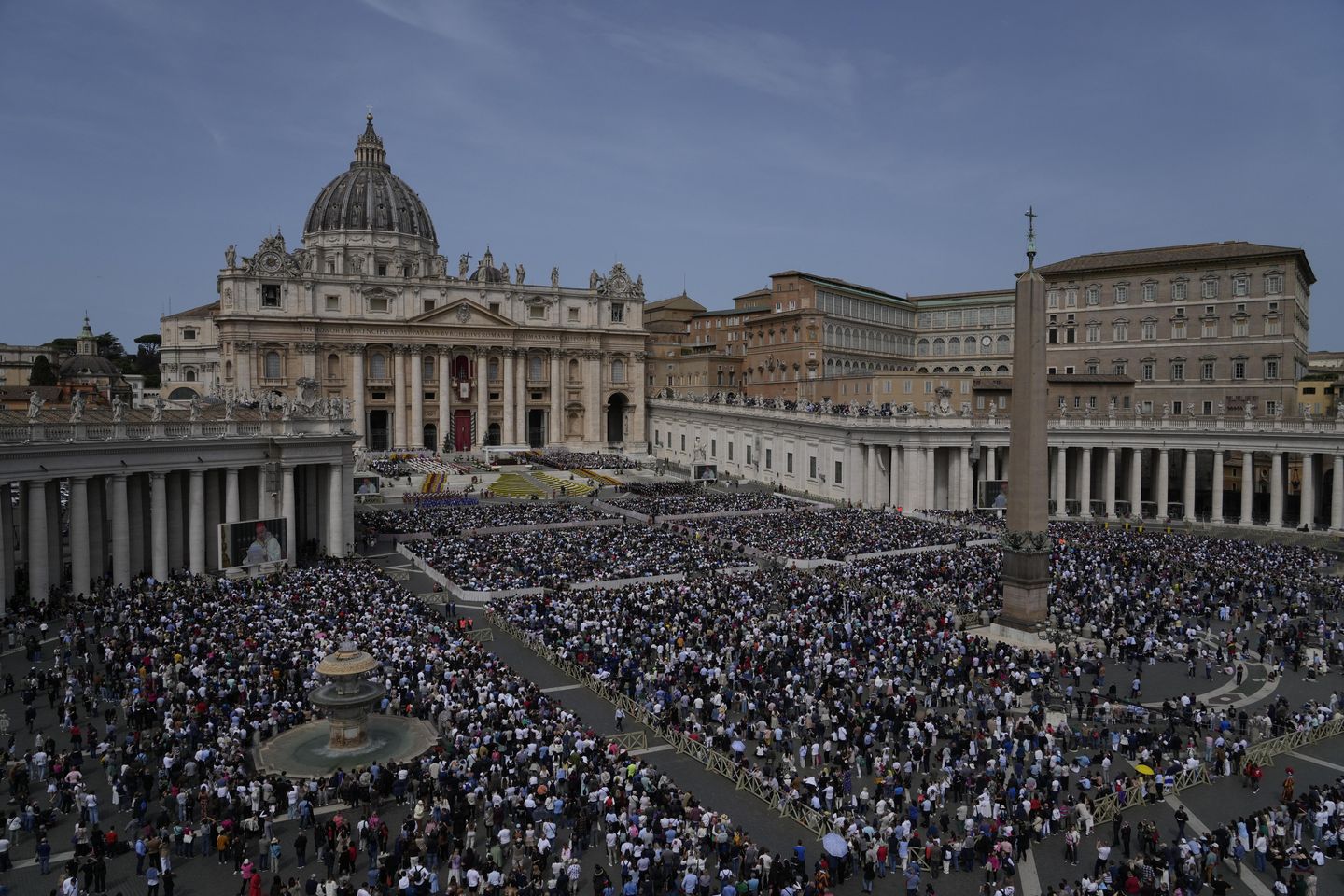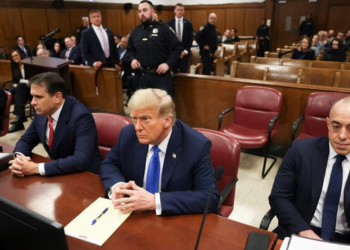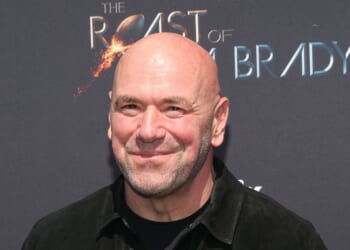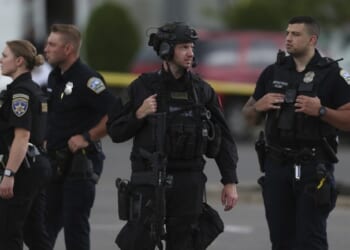
VATICAN CITY — Rome was in mourning Monday after the passing of Pope Francis, with church bells tolling solemnly across the city and condolences coming in from around the world.
Tourists mingled with mourners in St. Peter’s Square on Easter Monday as word of Francis’ death spread. Some groups huddled in prayer as others strolled and snapped photos in the historic square.
“When we heard the pope died, our mouths dropped,” Chris Blume, a Bennington, Vermont, barber visiting Rome with his mother and sister, told The Washington Times.
Jeff Tippie, a sales agent from Cleveland, said being in Rome on the day of Francis’ death was a “historic” occasion. “This is something nobody here will forget,” he said in an interview.
The Argentinian-born pontiff in his final days grappled with a church at a crossroads, with supporters of Francis’ teachings of tolerance and compassion often at odds with those in the church with values based on hierarchy and a strict moral order.
That contrast was at center stage over the weekend, during the visit of U.S. Vice-President J.D. Vance, a converted Catholic whose views on theology had drawn sharp criticism from the pope.
Earlier this year, Mr. Vance said that church doctrine supported the Trump administration’s crackdown on migrants and dramatic cutbacks to foreign aid, policies Francis said were “an affront to human dignity.”
After a great deal of speculation about whether they would even meet, the pope held a terse meeting with Mr. Vance at Francis’ residence at the Santa Maria guesthouse in what turned out to be the pontiff’s last public one-to-one encounter, only around 20 hours before Francis’ death.
The sides of the church represented by Francis and Mr. Vance are likely to clash again at the upcoming conclave that will select Francis’ successor.
After they selected him as pope a dozen years ago, Francis said he told cardinals, “May God forgive you for what you’ve done.” For many conservative Catholics, that may have indeed been the case.
Though Francis has appointed 108 of the 135 cardinals that will select a new pope from among their ranks, that majority is no guarantee that a like-minded figure will become next leader of the world’s 1.4 billion Catholics. The conclave is scheduled to get underway between May 6 and 12, and it will continue until a new pope is picked.
Still, regardless of who is selected as the 267th occupant of the throne of St. Peter, there is no doubt Francis’ 12-year papacy changed the Catholic Church in profound ways, starting with beginning to address the clerical sex abuse scandals that helped drive Francis’ predecessor, Pope Benedict XVI, to resign in 2013.
Francis also fostered tolerance toward homosexuals and others church leaders previously kept at an arm’s length, while also focusing on outreach to other faiths; efforts to broker peace deals amid conflicts in Ukraine, the Middle East and Africa; increasing the role of laypeople and women in the church; and even working to normalize relations with the officially atheist Communist Party of China.












